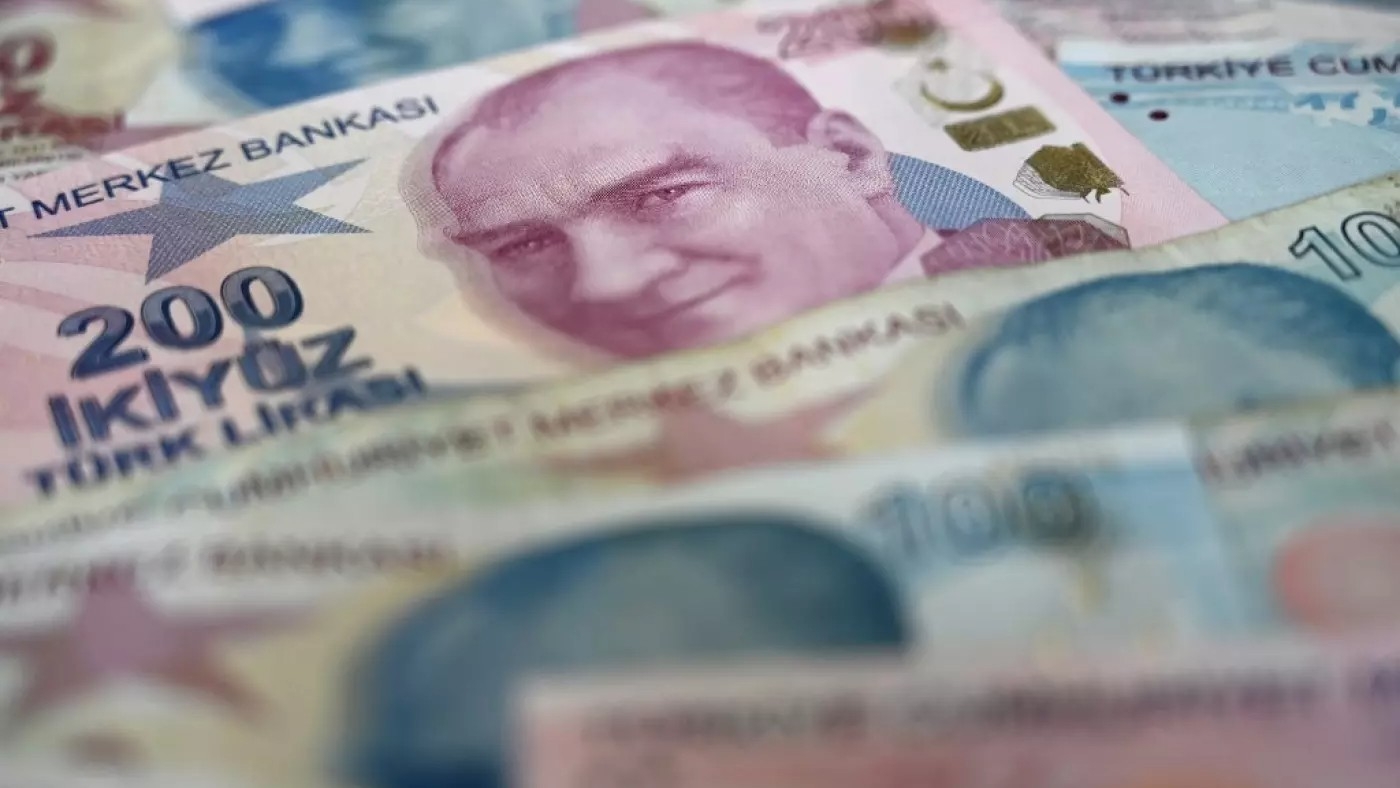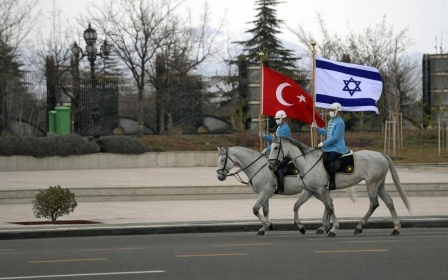Turkey's public savings programme fails to impress economists

Turkey's government announced a savings package for the public sector on Monday, but the lack of more comprehensive steps as well as the absence of a price tag for the measures failed to impress investors and economists.
Within the scope of the programme called "The Public Savings and Efficiency Package", which covers the next three years, there will be no purchasing or leasing of new state vehicles, and the purchase and construction of new public service buildings will stop.
Turkish Finance Minister Mehmet Simsek, who announced the package with Vice President Cevdet Yilmaz, said the public sector will only make new hires to replace retiring staff.
"Public personnel shuttle services will end, there will be an upper limit on board of directors' salaries, and the use of foreign-made vehicles will be prohibited," he said.
"For this year, we are making a 10 percent cut in goods and services purchase allowances and a 15 percent cut in investment appropriations, excluding earthquakes and compulsory expenses."
New MEE newsletter: Jerusalem Dispatch
Sign up to get the latest insights and analysis on Israel-Palestine, alongside Turkey Unpacked and other MEE newsletters
Simsek added that no ministry will exceed its allocations this year and no additional fund would be issued to them per programme. He also said that the government would freeze every new public investment with the exception of earthquake infrastructure and rebuilding processes all over the country.
"We are making a 25 percent cut in the representation and promotion allowances for 2024. We suspend purchases of fixtures such as furniture and office equipment for three years, except in cases of necessity. Machinery and equipment cannot be disposed of before completing their economic life," he said in his lengthy presentation.
Inflation still high
Turkey’s annual inflation hit 69 percent in April as the government continues to fight increasing prices all over the country, with a 50 percent annual interest rate set by the central bank in March.
Turkish President Recep Tayyip Erdogan’s low interest rate theory faced a severe challenge in 2020 as Turkey went into an inflationary spiral after the rapid depreciation of the lira against the US dollar.
Erdogan took a U-turn after the May presidential elections, bringing in Simsek, a darling of the markets, who promised to run a tight fiscal policy to counter the inflation.
Although many welcomed the new savings package, they also noted missing parts in the public statements. Ugur Gurses, a prominent economist, said that specific information about the programme's price tag was absent.
'Some of the more eye-catching measures will have a limited impact on budget expenditure for 2024'
- Wolfango Piccoli, risk consultant
Wolfango Piccoli, co-president of political risk advisory at consultant Teneo, said the announced measures do not resemble a coherent package that could strengthen fiscal discipline within Turkey's bloated state apparatus, since their impact will be limited considering past examples.
"Some of the more eye-catching measures, such as a freeze on the purchase and hire of new vehicles and a limit on the recruitment of new personnel, will have a limited impact on budget expenditure for 2024," he said.
"However, it is expected that in the best-case scenario, the measures will yield savings of around 100-150bn Turkish lira [$3bn-$4.6bn]."
Piccoli noted that Simsek’s own medium-term economic programme suggests the government will have a deficit of around 2.4 trillion Turkish lira ($74bn), so the savings package would amount to little more than "a rounding error".
Piccoli complained that the package's content was missing important reforms, such as the removal of tax exemptions and savings from private-public partnership schemes.
"Even if savings materialise, the 2024 budget deficit will be above six percent of GDP," he added.
Coskun Cangoz, a former general manager at the Turkish finance ministry, agreed that the best-case scenario wouldn’t deliver a budget deficit less than six percent.
"And there are upside risks due to inflation and exchange rates," he said.
Middle East Eye delivers independent and unrivalled coverage and analysis of the Middle East, North Africa and beyond. To learn more about republishing this content and the associated fees, please fill out this form. More about MEE can be found here.




